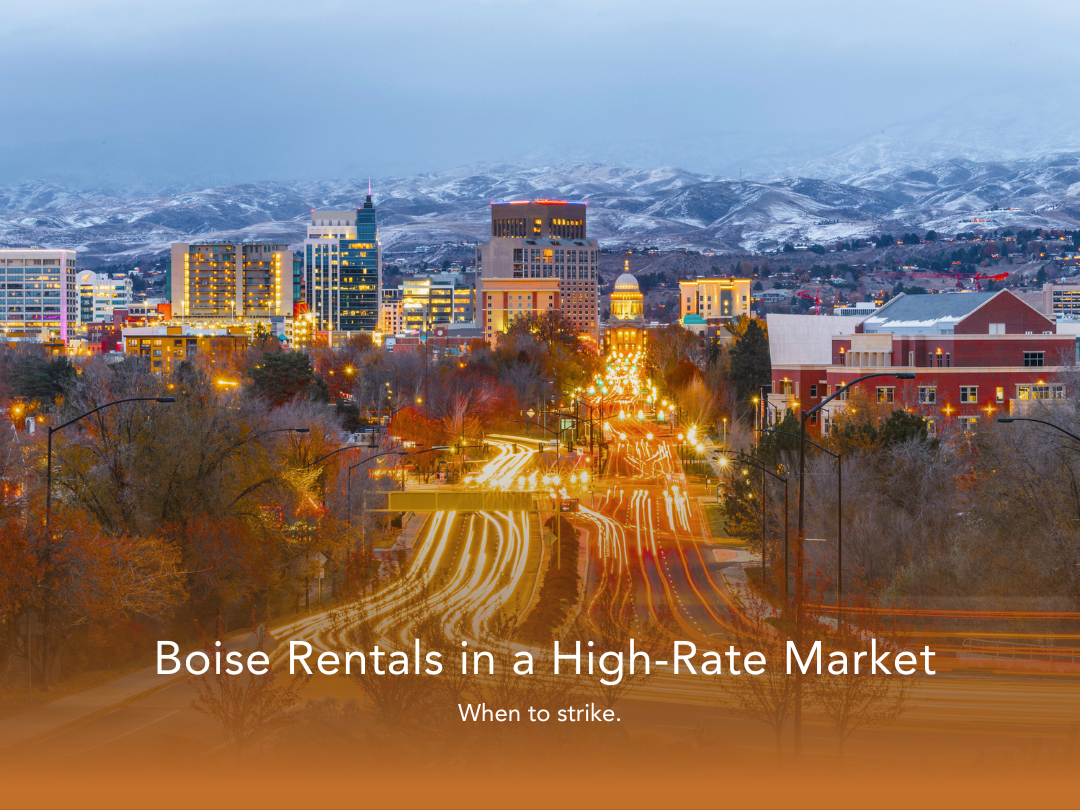Labor Day, observed on the first Monday in September in the United States, marks the unofficial end of summer. However, beyond barbecues and back-to-school sales, Labor Day has a rich history rooted in the labor movement, celebrating the contributions and achievements of American workers.
The Origins of Labor Day
The origins of Labor Day date back to the late 19th century, a time of industrialization in the United States. The rise of factories, railroads, and other industries created jobs but also led to harsh working conditions, long hours, low wages, and little concern for worker safety. Labor unions began to form as workers organized to demand better conditions, fair pay, and reasonable hours.
The idea of a "workingmen’s holiday" was first proposed by labor unions in the 1880s. The Central Labor Union in New York City organized the first Labor Day parade on September 5, 1882, where thousands of workers marched in solidarity to promote their rights. This demonstration of unity and strength led to similar celebrations in other cities.
Oregon was the first state to make Labor Day an official holiday in 1887, and by the end of the decade, several other states followed suit. The federal government officially recognized Labor Day as a national holiday in 1894, after the Pullman Strike—a nationwide railroad strike—led to clashes between workers and the government, highlighting the growing tensions between labor and industry.
The Meaning of Labor Day
Labor Day serves as a reminder of the labor movement's successes and the ongoing efforts to protect workers' rights. It acknowledges the sacrifices and contributions of workers to the nation's prosperity and recognizes the importance of fair treatment, safe working conditions, and the dignity of labor.
For many, Labor Day also symbolizes the broader struggles for economic and social justice. It reflects the idea that workers, regardless of their profession, play a critical role in building and sustaining the country. The holiday is a tribute to the everyday people whose work keeps the nation running, from teachers and healthcare workers to factory workers and service industry employees.
Modern-Day Celebrations
Today, Labor Day is often associated with a long weekend, signaling the end of summer and the beginning of the school year. It is a time for families and friends to gather for picnics, parades, and recreational activities. While the holiday has become more commercialized over the years, with sales and promotions taking center stage, its original purpose remains significant.
For those in the labor movement, Labor Day continues to be a time to reflect on the progress made and the challenges that remain. It serves as an opportunity to advocate for workers' rights, promote fair labor practices, and renew the commitment to justice in the workplace.
The Future of Labor Day
As the nature of work continues to evolve with technology and globalization, the meaning of Labor Day may also change. Issues such as the gig economy, remote work, and automation present new challenges for workers and the labor movement. Yet, the core principles of Labor Day—recognizing the value of work and the rights of workers—remain as relevant as ever.
In conclusion, Labor Day is more than just a holiday; it is a day of reflection, celebration, and advocacy. It honors the contributions of workers and serves as a reminder of the importance of labor rights in a fair and just society. Whether through parades, family gatherings, or moments of quiet reflection, Labor Day invites us all to appreciate the hard work that fuels our everyday lives.










